South African President Cyril Ramaphosa and U.S. President Donald Trump engaged in a contentious meeting at the White House, highlighting escalating diplomatic tensions between the two nations. The primary point of contention was Trump’s assertion of a “white genocide” occurring in South Africa, a claim that has been widely discredited by experts and South African officials.
During the Oval Office meeting, Trump presented a video montage and news articles alleging systematic attacks on white farmers in South Africa. He referenced incidents such as the singing of the anti-apartheid song “Dubul’ ibhunu” (“Kill the Boer”) by opposition leader Julius Malema, and displayed a screenshot purportedly showing white farmers being buried. However, this image was later revealed to be from a Reuters video shot in the Democratic Republic of Congo, unrelated to South Africa.
President Ramaphosa firmly denied the genocide allegations, emphasizing that while South Africa faces significant challenges with violent crime affecting all communities, there is no evidence of a targeted campaign against white farmers. He highlighted that the majority of murder victims in the country are Black South Africans, underscoring the broader issue of crime rather than racial persecution.
The meeting also addressed South Africa’s controversial land expropriation policies. In early 2025, the South African government enacted legislation allowing for the expropriation of privately owned land without compensation under specific circumstances deemed equitable and in the public interest. This move was intended to address historical land inequalities but drew criticism from the U.S. administration, which viewed it as discriminatory against the white minority.
In response to these developments, the Trump administration took several actions that further strained bilateral relations. In February 2025, President Trump issued an executive order suspending all U.S. assistance to South Africa, citing concerns over the land expropriation law and the alleged genocide claims. Additionally, the U.S. began facilitating the resettlement of white South African farmers as refugees, a move that was met with criticism from South African officials who described it as politically motivated and based on misinformation.
These actions have had significant repercussions for U.S.-South Africa relations. The diplomatic fallout has raised concerns about the future of the Africa Growth and Opportunity Act (AGOA), a key trade agreement between the U.S. and African nations. Experts fear that the strained relations could jeopardize preferential access to the U.S. market for South African goods, potentially impacting the country’s economy.
The meeting between Presidents Ramaphosa and Trump underscored the deepening rift between the two countries, driven by conflicting narratives and policies. While the U.S. administration continues to assert claims of a “white genocide” in South Africa, these allegations remain unsubstantiated and are contested by South African authorities. The diplomatic tensions highlight the challenges in addressing complex issues such as land reform and racial relations, and the importance of accurate information and constructive dialogue in international relations.

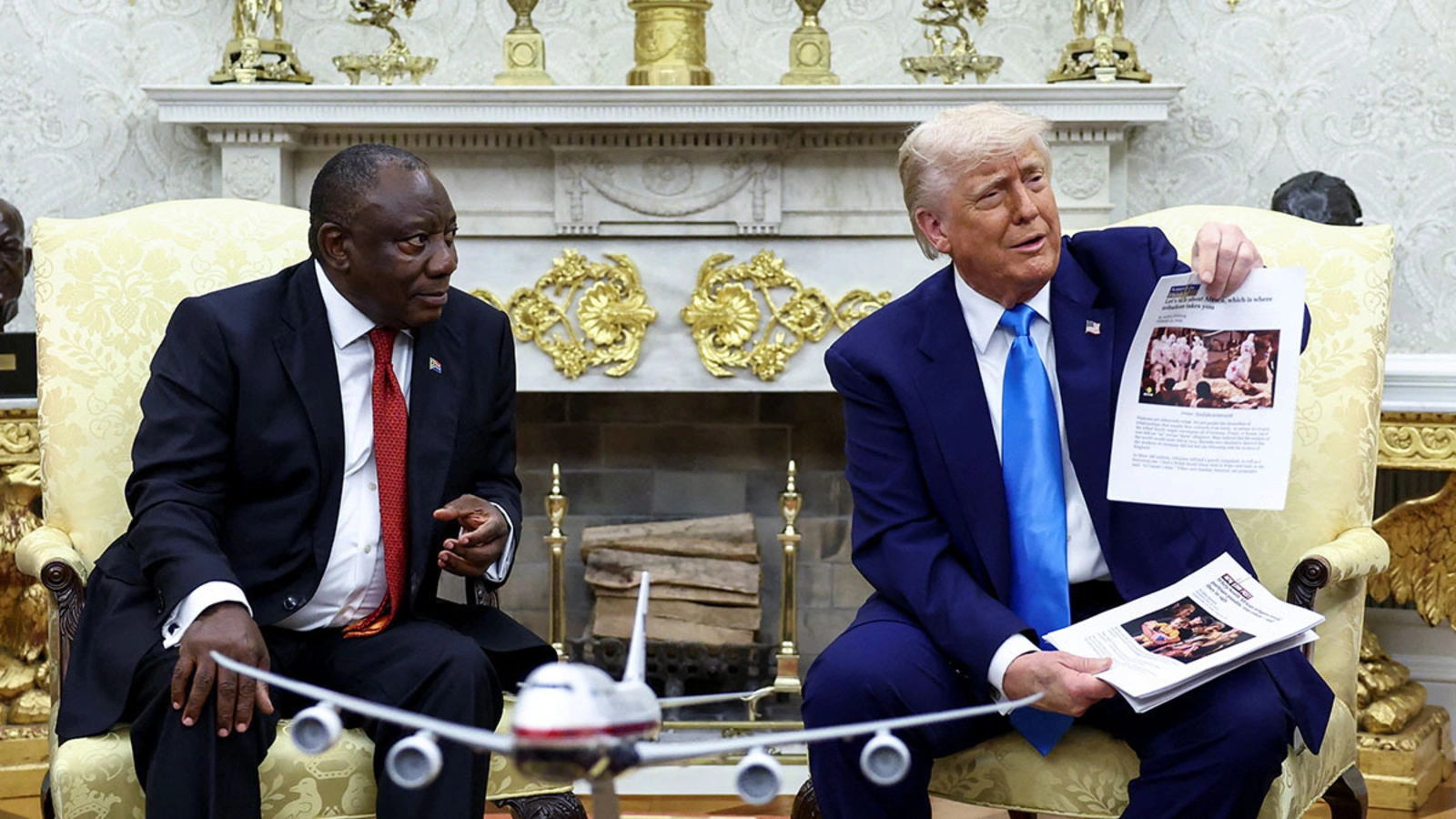
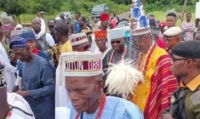

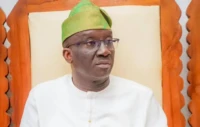



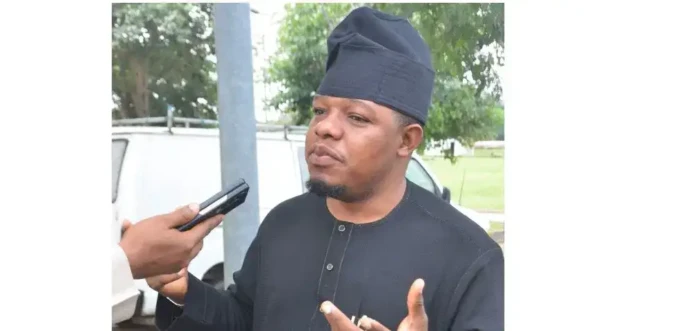
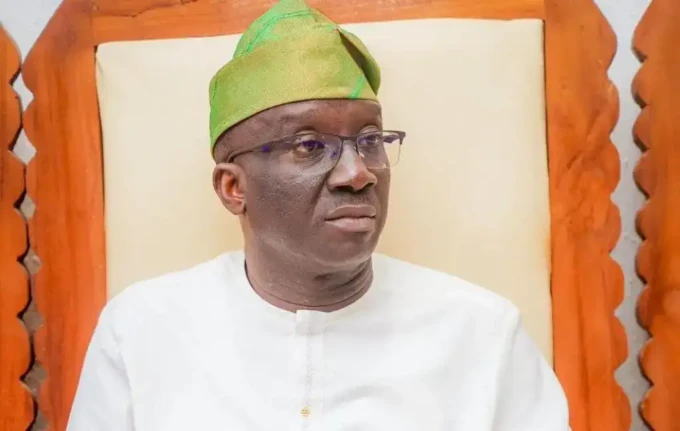
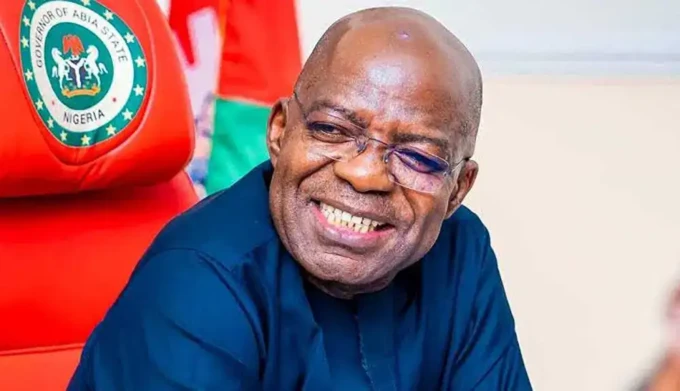
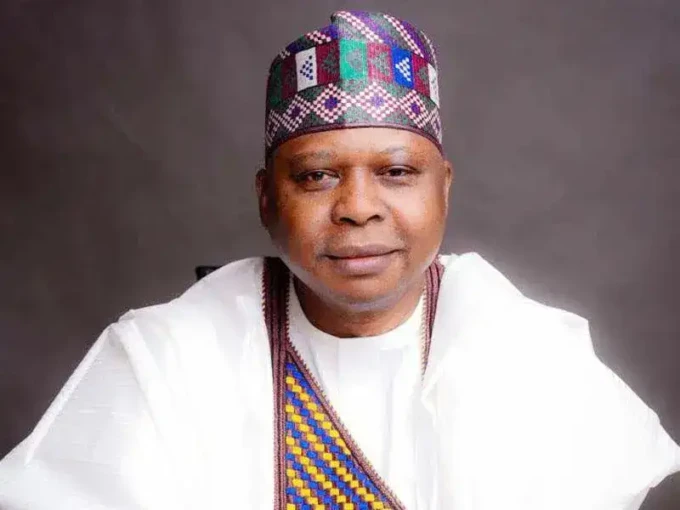
Leave a comment